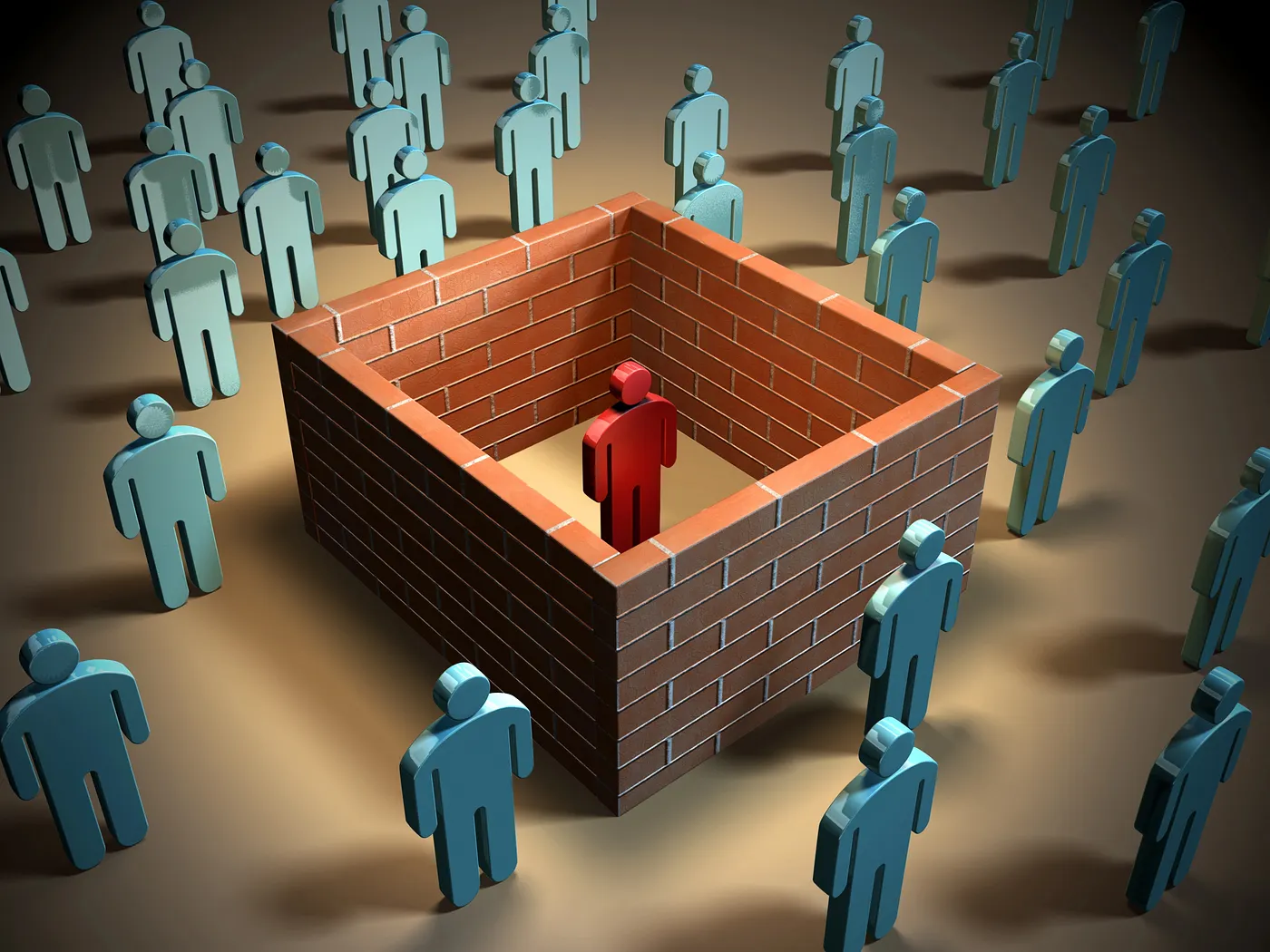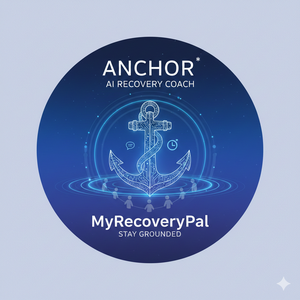
Alcohol flows freely in our culture — at backyard barbecues, networking events, weddings, and even Sunday brunch. Yet the moment you opt out, you suddenly stand out. “Why aren’t you drinking?” “Come on, have just one!” asks a friend with genuine concern. This paradox — when a drug so normalized turns sobriety into the odd exception — fuels the stigma around alcoholism and recovery. Let’s unpack why that happens, why non-drinkers leave others feeling awkward, and how you can confidently choose “no thanks” without making a scene.
Why Does Sobriety Seem So Strange?
Drinking Is Our Default
From the first image of a beer commercial to the role of wine in pop-culture, alcohol is marketed as the glue that holds social life together. Need to loosen up at a party? Have a cocktail. Celebrating a promotion? Toast with champagne. Over time, “drink” becomes as reflexive as “breathe.”
“We are only as sick as our secrets.”
-AA, Big Book
It’s a Cultural Rite of Passage
Remember your first legal drink at twenty-one? That milestone is so ingrained in the idea of “growing up” that skipping it feels like missing the graduation ceremony. It’s less about the alcohol and more about participating in a shared ritual.
Stereotypes & Silent Judgments
People with Alcohol Use Disorder still face a lot of shame, seen as weak-willed or immoral. Ironically, someone who simply says “no” can be lumped in with those stereotypes — treated as if they’re hiding a secret problem rather than making a clear choice.
“Between stimulus and response there is a space. In that space is our power to choose our response.”
-Viktor E. Frankl
Why Non-Drinkers Make Drinkers Uncomfortable
You’re Holding Up a Mirror
Seeing someone confidently decline a drink reminds drinkers of their own reliance on alcohol. It’s like putting a spotlight on a habit they’d rather keep in the shadows.
Fear of Exclusion
Group dynamics matter. If you decline a round, some folks worry you’ll judge them, or that the whole vibe will shift toward serious talk instead of lighthearted banter.
Breaking the Script
Social gatherings often follow a predictable arc: welcome drink, appetizer chat, main event. When you disrupt that arc, people scramble for a new script — hence all the questions.
Why These Strategies Work
Plan Your “Fake” Drink
Holding a sparkling water, soda, or mocktail in your hand satisfies that visual expectation without the alcohol. People rarely ask for a sip of what looks like a cocktail — so you sail right past the interrogation.
Short, Sweet, Non‐Defensive Replies
A simple “I’m cutting back on sugar” or “I’ve got an early morning” shuts down curiosity. It’s not about hiding your recovery; it’s about not turning every social moment into a therapy session.
Be Your Own Host
Offer to organize the outing — pick the venue, arrange transportation, even secure a round of nonalcoholic options. When you’re the planner, you set the tone: this is a fun night out, and booze is optional.
Anchor in the Activity
Shift the group’s focus to something else: trivia, dancing, art, hiking. When everyone’s absorbed in the experience, the drink conversation naturally drifts away.
Always Have Your Exit Strategy
Even the best plans can go sideways if old triggers pop up. Before you head out, decide on a “time-out” phrase or a safe exit: “My ride’s here,” or “I promised my friend I’d check in.” Having that option ensures you won’t feel trapped — an essential comfort for early recovery.
Making Your Choice Feel Normal
- Lead with Confidence: Your tone sets the vibe. A relaxed “I’m good, thanks!” beats a hesitant “Um… maybe later.”
- Normalize It: Toss in a casual “I’ve been experimenting with mocktails — this one’s amazing,” and people are curious instead of judgmental.
- Connect on Other Levels: Compliment someone’s shirt, laugh at a joke, or talk up the music. The more you engage, the less your drink choice matters.
Raising a Glass to Change: Your Role in Normalizing Sobriety
Choosing sobriety in a world built around booze isn’t weakness — it’s one of the bravest things you can do. You’re signaling that you value your clarity, your health, and your relationships more than fitting a cultural mold. Yes, the questions will come. Yes, you might feel like the odd one out. But every time you decline with grace, you chip away at the stigma.
Imagine a world where “I’m not drinking tonight” meets only a smile, not a second glance. That world starts with you — to normalize sobriety, you walk into each gathering as if it’s the most natural choice. You carry a fizzy water in one hand and your confidence in the other. You share stories that don’t revolve around alcohol. You plan the next hangout around hobbies, not happy hours.
In dismantling the unspoken rule that “everyone must drink,” you open the door for countless others who crave connection without compromise. So next time you’re offered a glass, remember: you’re not the weirdo making things awkward. You’re the trailblazer showing us all how to belong without a buzz. And that’s a gift worth toasting — mocktail in hand.

Comments (0)
Login to leave a comment.
No comments yet. Be the first to share your thoughts!